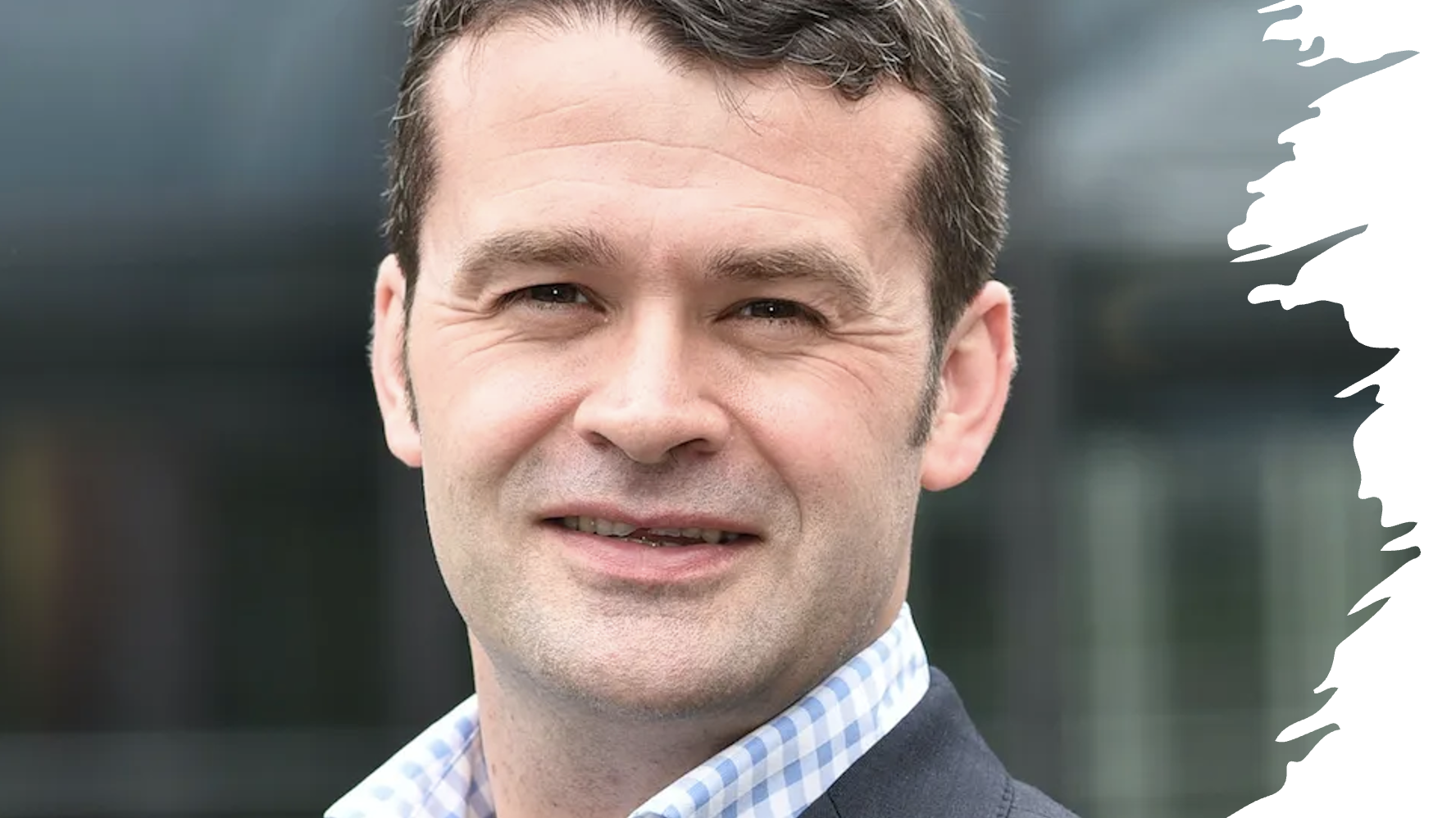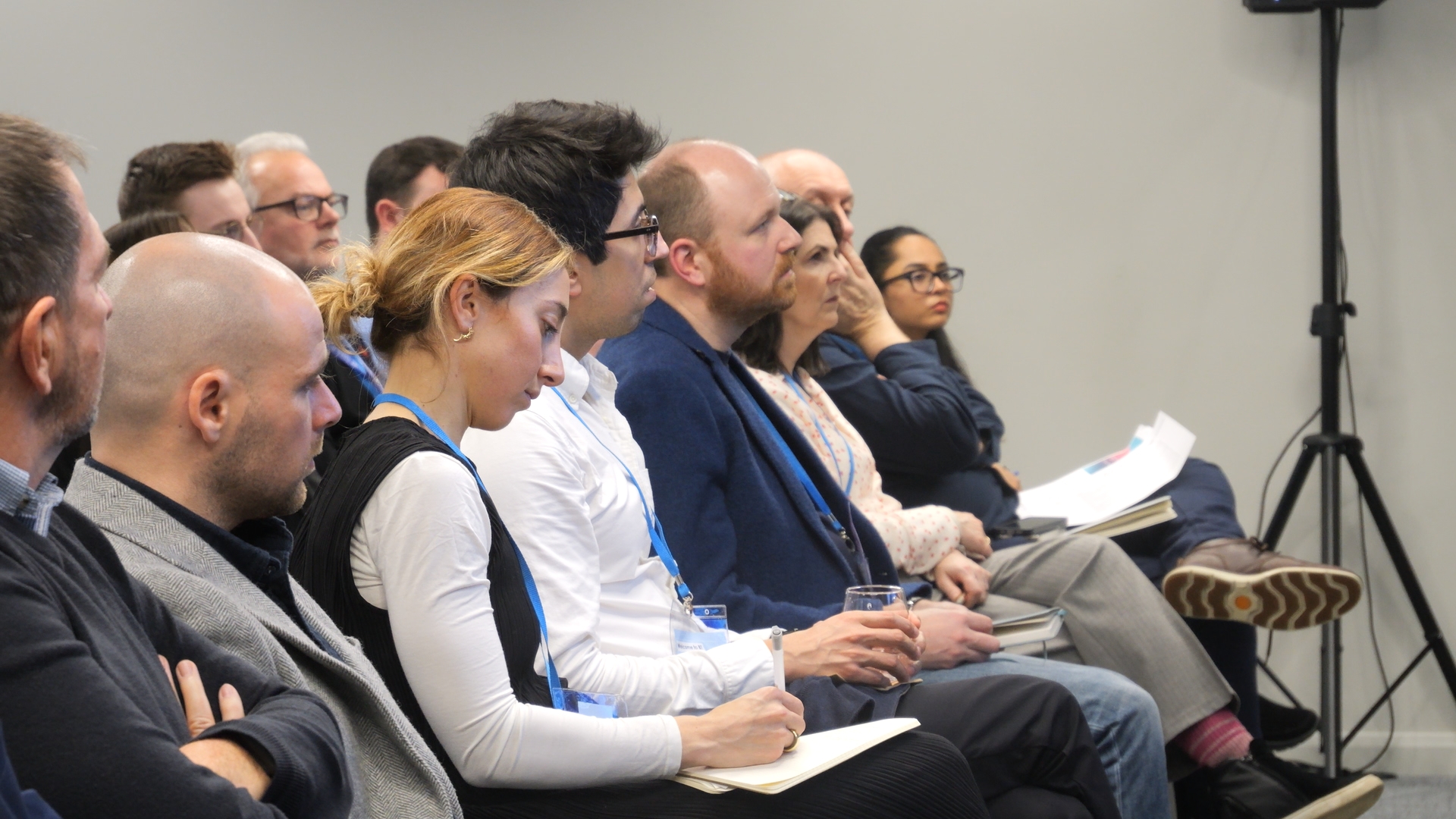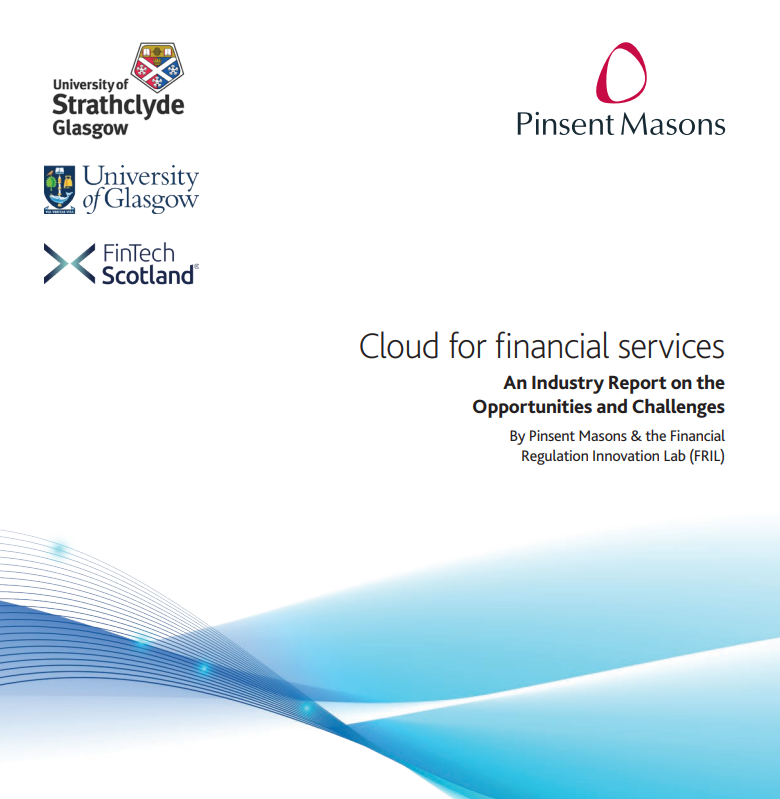The Art of Problem-Solving: Insights from a New Type of Innovation Call

“Fall in love with the problem you’re trying to solve”, that’s Kent Mackenzie’s mantra when it comes to innovation challenges. As leader of Deloitte’s Digital Compliance business, Kent has spent the past 12 years observing innovation calls of all different types, whether they are directly pointed towards a particular financial services organisation, regtech provider or academia. While many of these have come up with some quite good solutions, Kent observes that they can major quite heavily from one perspective.
What intrigues Kent at the moment, however, is an exciting new type of innovation call that is being issued from FinTech Scotland and leading financial services firms, in conjunction with Deloitte. Spearheaded by the newly established Financial Regulation Innovation Lab, the first in a series of industry-led innovation calls will focus on ‘Simplifying Compliance through the Application of AI and Emerging Technologies’.
With a passion for FinTech, data and advanced analytics, Kent has worked with local, national and international clients to develop tech and data solutions to manage financial crime, regulatory compliance, credit risk, and collections & recoveries. We thought he would be the ideal person to answer our questions and provide us with more detail about the inaugural innovation call”¦
Q: How can industry-wide innovation calls in general, such as the one led by the Financial Regulation Innovation Lab, contribute to accelerating positive change in financial services?
A: I think for me, the breadth and ambition of this series of innovation calls is what will stand out quite markedly. The wonder of these innovation challenges is the involvement of a very broad community of participants, from large financial institutions and fintech providers, to academia and regulators. What I’m looking forward to the most is having the richness that comes through from that breadth of community, because not only will we be able to understand the problem through a number of different lenses, but we can then go on to solve that problem with a number of different answers and potential solutions.
Q: How does the Lab’s unique environment for collaboration support financial services firms in innovating to meet their regulatory obligations. And what makes this initiative groundbreaking in that context?
A: I think there are a number of different components. Firstly, the Lab will provide us the opportunity to really focus on a particular use case. There have been some innovation calls in the past in which fintechs and regtechs have missed the point of the question and end up coming up with solutions that don’t solve the original problem. What is innovative about the Lab is that it allows us to bring in a range of perspectives from the people that are feeling the impact of this particular problem.
Secondly, this breadth of participants will be able to forensically examine every single element of a potential solution: from the established, to the groundbreaking, to the “way-out-there” considerations – these are all valid when you come to solve a complicated and gnarly problem like this. Lastly, once the Lab has gained an intimate understanding of how it is going to solve the problem, we can focus on the perspective from regulators, academics and end-users who will all try to ensure the solution will actually work in the context of the real world. I truly expect the Lab to be a real petri dish of experience, in the way that it will forensically deconstruct a problem, build up a solution, and then challenge from a number of different angles to ensure it is market-ready.
Q: The Lab’s inaugural innovation call is focusing on ‘Simplifying Compliance through the Application of AI and Emerging Technologies’. How will simplifying compliance processes accelerate positive change, and why is this particularly important now?
A: Ultimately, financial services companies are trying to do a number of things: to achieve better outcomes for consumers; to access people who might have previously been financially excluded with products and services; and to provide the best rates and offerings to clients. But in order to achieve all these things, a deep understanding of the underpinning regulations of these offerings is compulsory.
The current challenge for organisations is the time it takes between understanding the regulation, and then bringing products and services to market. The use of technology, however, can rapidly accelerate this understanding so that new products and services can be created with much more expedience. In addition, a beneficial byproduct of using technology is that it also promotes transparency on how a product has been shaped around a particular regulation decision, the communication of which is crucial to consumers, compliance departments and regulators.
Q: From Deloitte’s perspective, how does the innovation challenge contribute to building confidence in the adoption of AI and other technologies within the financial services sector, particularly in meeting global regulatory requirements?
A: When adopting AI, particularly in meeting global regulatory requirements, there can at times be a “black box” type feeling. Typically, the extraction and translation of regulatory obligations can be a highly nuanced affair due to the different risk appetites of organisations and the final definition of what constitutes an obligation. Because of this nuance, I don’t expect AI can solve the entirety of absolute extraction of appropriate obligations. But I do expect us to solve a lot of the problem in the right way, and in doing so then build confidence around how AI can play in this space. As we explore all the angles, facets, challenges and concerns, by unpacking and then restacking them, this will give us confidence that actually AI is capable of doing either all of this job, some of this job, or parts of this job.
Q: How do you see these Innovation Calls contributing to maintaining and growing Scotland and the UK’s position as a global leader in financial services regulatory innovation?
A: The net effect of these innovation calls across all of these groups is positive. For Deloitte itself, it will accelerate and advance our understanding of how our clients are thinking about this. For fintechs, it will also advance the intimate understanding and knowledge of the problem that their tech is trying to solve so they can better shape their offerings and propositions. Both large financial services organisations and consumers alike will have their eyes opened to the art of the possible, either in today’s world or the future. And for academia, it will ping their synapses on every level to further examine possible points of contention or unresolved issues. So for each of the stakeholders involved in these calls, it’s going to give them oxygen for their own individual pursuit.
I am also really intrigued about the role of the regulator during these innovation calls. I am quite looking forward to having the contribution from the regulator – in the room with a ringside seat – on where they stand on quite how far technology could and should take us.
Essentially, I think this new type of innovation call stands to help each of the stakeholders fall in love with the problem, construct solutions, and examine how they can be applied as live use cases.
Fintechs and other teams of innovators are invited to join the Financial Regulation Innovation Lab’s innovation call challenge, ‘Simplifying Compliance through the Application of AI and Emerging Technologies’. Applications are closing 3rd March. To find out more click here.



